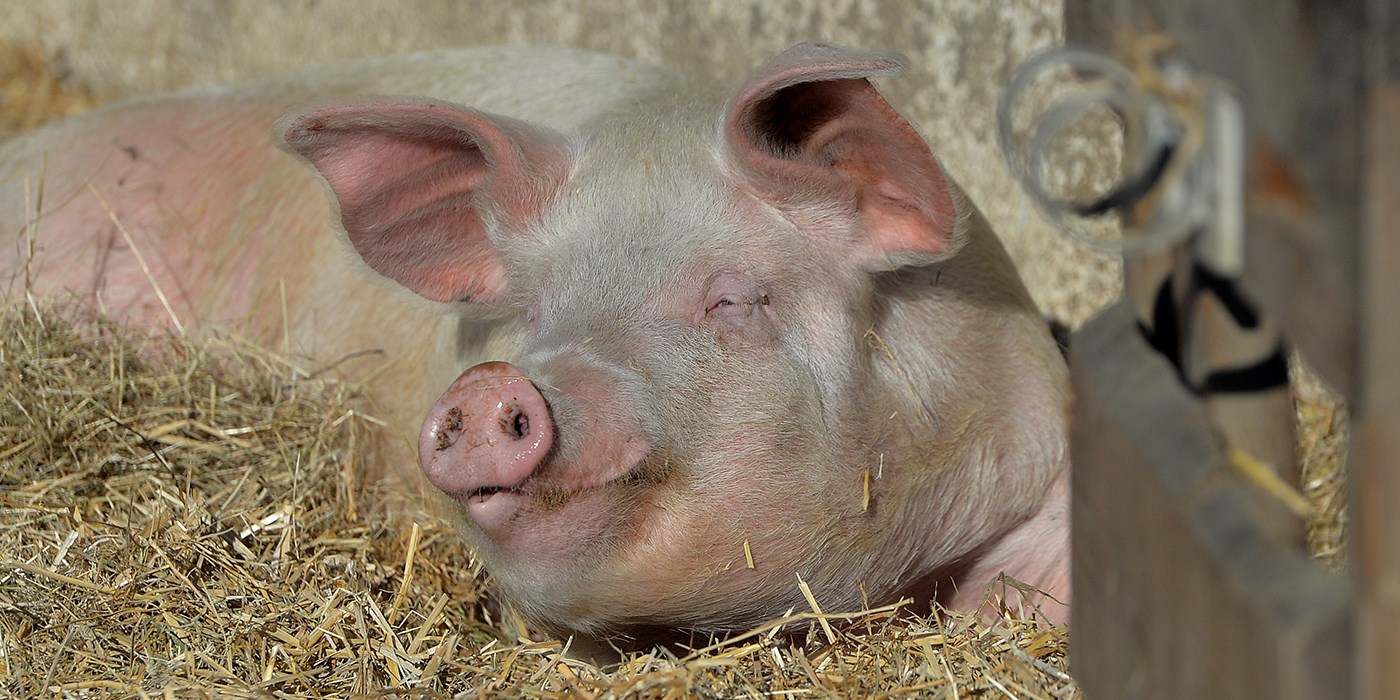Building a meaningful sow welfare policy
We encourage companies to commit to removing both gestation crates and farrowing crates from their supply chain. Legislation in California and Massachusetts has drastically increased volumes of gestation crate-free pork in the United States. At a minimum, companies should have a time bound and public-facing commitment to source only gestation crate-free pork.
Sow welfare policy commitments: What do they mean?
A meaningful fully crate-free sow welfare commitment should:
- Commit to only sourcing pork from producers that operate without any crates.
- Temporary confinement of sows for management purposes is permitted for up to four hours (ideally < 2 hours for farrowing sows).
A meaningful gestation crate-free sow welfare commitment should:
- Commit to only sourcing pork from producers that operate without gestation crates.
- Temporary confinement of sows is permitted for < 4 hours for management procedures, such as insemination.
Unless otherwise stated, group housing willstill use gestation crates for up to six weeks until sows are confirmed pregnant. Therefore, it is key to explicitly state in the commitment to only source gestation crate-free pork. A truly humane system fully prohibits the use of long-term intensive confinement.
Both fully crate-free and gestation crate-free commitments should:
- Cover a company’s entire pork supply
- If not, it is imperative to list which products are included to improve transparency.
- Have a clear, meaningful timeline for full implementation.
- CIWF recommends fully transitioning within five years of establishing a commitment.
- Be public-facing with annual progress reporting
- To ensure successful implementation of a company’s animal welfare commitment, CIWF encourages companies to establish annual reporting benchmarks to reach 100% compliance, better known as a roadmap.

Companies reporting on sow welfare commitments
Example Policies & Roadmaps
Example 1.
We are committed to source 100% of our pork supply from pigs raised without the use of both gestation crates and farrowing crates by 2028. We are also compliant with Proposition 12 in California and Question 3 in Massachusetts for sow welfare. To ensure full transparency, we will report this progress in our annual responsibility reports. As of 2024: 25% of our supply was produced without the use of gestation crates, and 14% of our supply was produced in a crate-free environment without gestation or farrowing crates. Our supply is third-party audited to ensure compliance and traceability.
Example 2.
We will work to increase our supply of crate-free pork by 10-20% annually to meet our 2028 goal.
Contact CIWF about your policy
If you would like assistance in creating or strengthening your sow welfare commitment or evaluating and mapping your company's supply chain, please contact the Food Business team.
Whether it is providing technical resources or assisting companies with evaluating and mapping their supply chains, CIWF is eager to help your company achieve its animal welfare goals.
